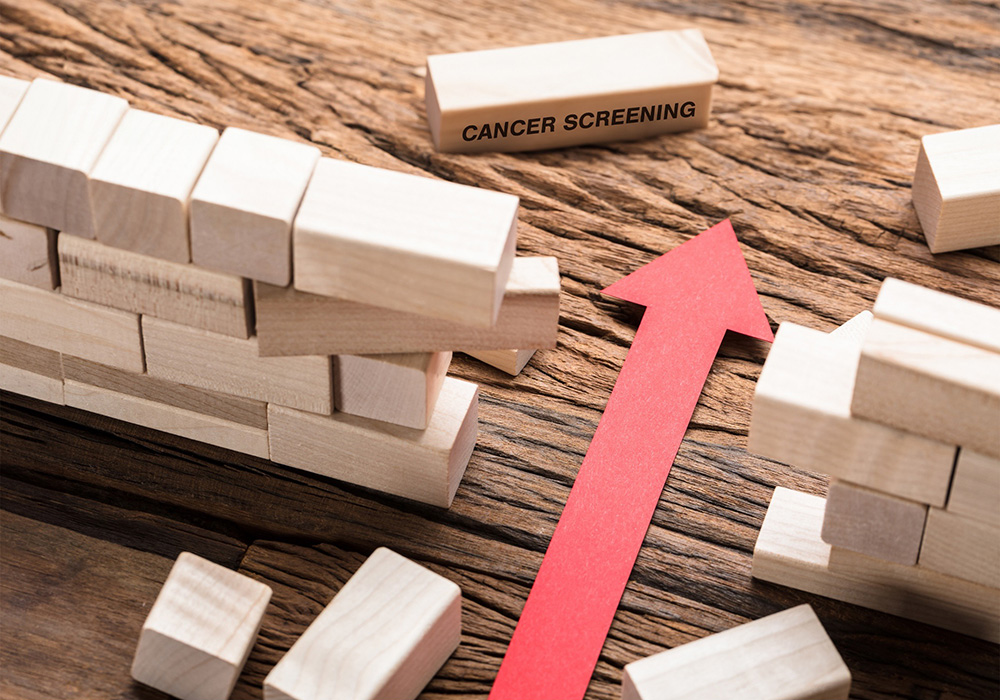More than 60% of uninsured or underinsured individuals who seek cancer screening have at least one barrier to care, a team of researchers and clinicians reported in study results presented at the Academy of Oncology Nurse and Patient Navigators 14th Annual Navigation and Survivorship Conference. They also demonstrated that a free, community-based cancer screening and navigation program can identify those barriers and facilitate referrals to community partner organizations or other resources.
The program targeted economically disadvantaged individuals living in rural and urban parts of 24 counties in North and South Carolina with a specific focus on diverse populations, including African Americans, Hispanics/Latinos, and Native Americans, who have a higher risk for cancer and worse outcomes. In addition to the cancer screenings, RN coordinators used motivational interviewing to assess participants’ barriers to care and make appropriate referrals.
From January–December 2022, clinicians screened 2,883 participants and diagnosed 40 cancers. Additionally, the RN coordinators made 935 referrals for short- and long-term care, 448 for another cancer screening, 323 for smoking cessation programs, 131 for food insecurity resources, 82 for transportation, and 54 for primary care. The researchers also reported that the program generated a network of 177 community partners and improved community members’ trust in health care.
Researchers emphasized that addressing barriers in conjunction with screening before a diagnosis can prevent worsening disparity during the treatment process, potentially improving outcomes overall. “Delivering comprehensive, whole-human care where most-at-risk individuals live created access points, resulted in a robust network of community partners, and improved identification of barriers to care and referral to resources,” they concluded.
The program’s findings underscore the need for community outreach to mitigate social factors that can prevent cancer screening uptake, such as poverty and lack of support. Community outreach and navigation are important aspects of oncology care for underserved groups, such as overcoming disparities to improve outcomes in Black and African Americans with multiple myeloma and increasing participation in clinical trials.
Learn more about navigation with the comprehensive resources in ONS’s Nurse Navigation Learning Library, including the Oncology Nurse Navigation: Delivering Patient-Centered Care Across the Continuum (second edition) book and Equipping the Novice Oncology Nurse Navigator course.






